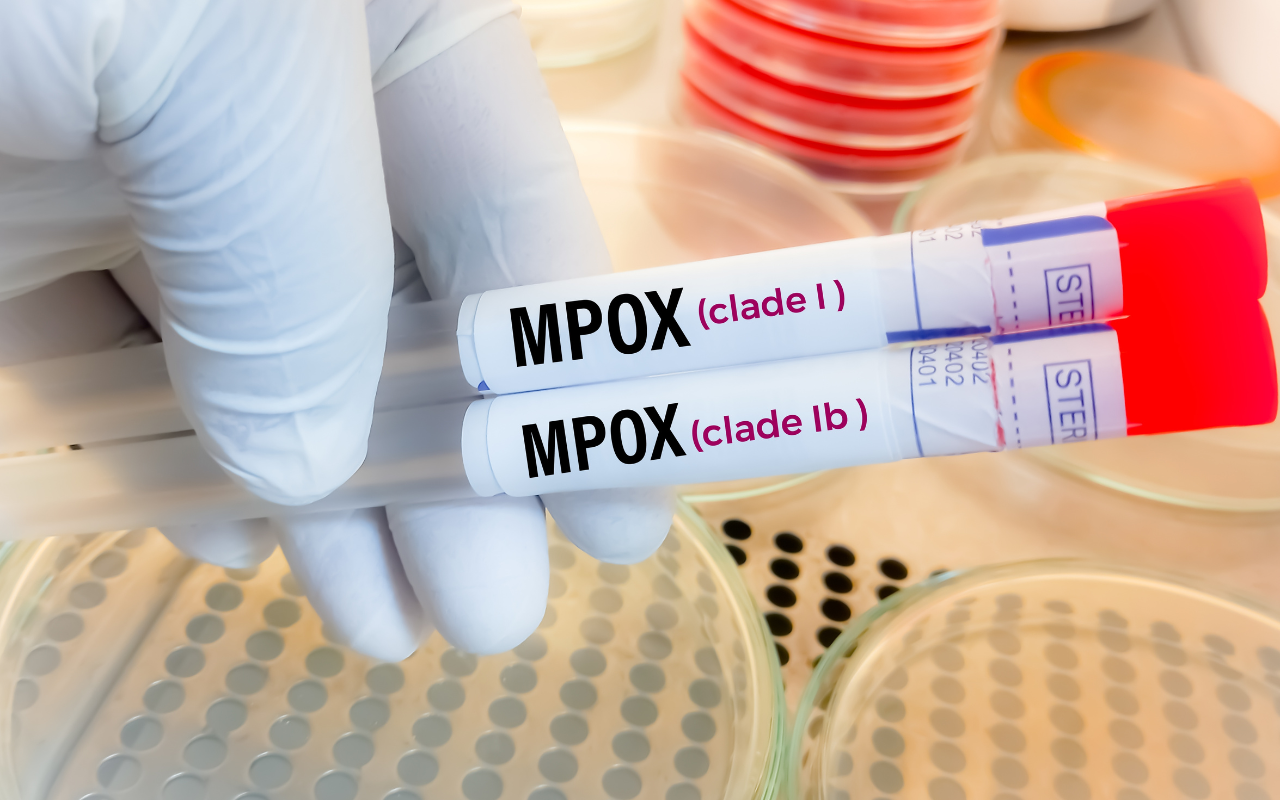Doctors are being urged to be on the lookout for mpox symptoms with a recent increase of cases in Australia.
According to the National Notifiable Disease Surveillance System, as of 10 September 2024, there had been 480 notifications of mpox (formerly monkeypox) in 2024, with most of these in NSW (237 cases).
This has risen sharply in the last few months, particularly in NSW, which had only 17 infections in the half of the year.
An mpox outbreak in central Africa was declared a public health emergency of international concern by the World Health Organization (WHO) Director-General on 14 August. There have been over 15 000 cases this central African outbreak, mainly of the Clade 1b strain of the virus; however, this strain hasn’t been detected in Australia.
So far, all infections in Australia have been caused by Clade IIb strain.
However, with the recent surge, both overseas and in Australia, Australasian Society for HIV Medicine (ASHM) Deputy CEO Jessica Michaels said doctors should be vigilant.
“Australia is currently seeing a rise in mpox cases, particularly in NSW and Victoria, which means health workers should be aware of the need to test,” she told InSight+.

What is mpox?
Mpox is a viral zoonotic disease that was first discovered in humans in the 1970s and was formerly known as monkeypox. As NSW Health Executive Director of Health Protection Dr Jeremy McAnulty explained, transmission occurs through close contact.
“Mpox spreads through close skin-to-skin contact, including sexual contact, and often starts with small pimple-like skin lesions particularly in areas that are hard to see such as the genitals, anus or buttock.
“Some people experience mild fever, headache, fatigue, or swollen lymph nodes and mouth ulcers or rectal pain. Mpox can spread to others until the lesions resolve,” he said.
Symptoms can occur up to 21 days after being exposed. At-risk people include those who have had close physical contact with someone who has mpox, and Australian travellers returning from, or going to, countries with confirmed cases. The Australian outbreak is mainly impacting gay, bisexual and other men who have sex with men.
“People who have any symptoms of mpox, even if they have had the mpox vaccine and even if mild, should immediately contact their GP or sexual health service for an appointment,” Dr McAnulty said.
Testing in Australia
According to Professor Bill Rawlinson from the Royal College of Pathologists (RCPA), early detection is vital.
“Early detection allowing effective clinical response is key to controlling the spread of mpox. We urge everyone to remain vigilant and to take advantage of the advanced diagnostic options available, especially those who are at higher risk of contracting the virus,” he said.
RCPA Fellows have collaborated with the WHO and other international bodies to enhance and speed up diagnostics for mpox. Detecting the virus can be challenging, but new multiplex molecular tests will be crucial to containing the virus.
“The introduction of multiplex molecular tests that can detect different viruses at the same time, similar to those used during the COVID-19 pandemic, marks a significant advancement in our response to mpox. All our microbiology laboratories are working closely with public health units and international experts to ensure that we stay ahead of the curve,” Professor Rawlinson said.
The mpox vaccine
There is a primary preventive vaccination (PPV) mpox vaccine available for those at higher risk of developing the disease. These include:
- sexually active gay, bisexual or other men who have sex with men (GBMSM);
- sex workers, particularly those whose clients are at risk of mpox exposure;
- people living with HIV, if at risk of mpox exposure;
- laboratory personnel working with orthopoxviruses.
PPV may also be considered for:
- healthcare workers at risk of exposure to patients with mpox; or
- sexual partners of GBMSM, sex workers and people living with HIV.
It is a free vaccine and doesn’t require a Medicare card to receive it. Two vaccine doses are required, the second at least 28 days after the first.
Post-marketing observational studies suggest it has moderate to high vaccine effectiveness, with 1-dose effectiveness ranging from 35.8% to 86.4% and 2-dose effectiveness ranging from 66% to 89.5%. Breakthrough cases have been detected, as reported previously here.
The Australian Technical Advisory Group on Immunisation (ATAGI) is monitoring the outbreak and in their update on 29 August 2024, said they don’t recommend a booster dose of the mpox vaccine for people who are already fully vaccinated, including those who are severely immunocompromised. They also don’t recommend vaccination for people travelling to areas where mpox cases are circulating, other than those who meet the current vaccine eligibility.
Vigilance, testing and vaccination are key for controlling the current Australian outbreak.
“We encourage clinicians to test for mpox in any patient who presents with potential symptoms, including the distinctive rash or lesions, and to advise patients who are gay, bisexual and other men who have sex with men to get vaccinated,” Ms Michaels concluded.
Subscribe to the free InSight+ weekly newsletter here. It is available to all readers, not just registered medical practitioners.

 more_vert
more_vert